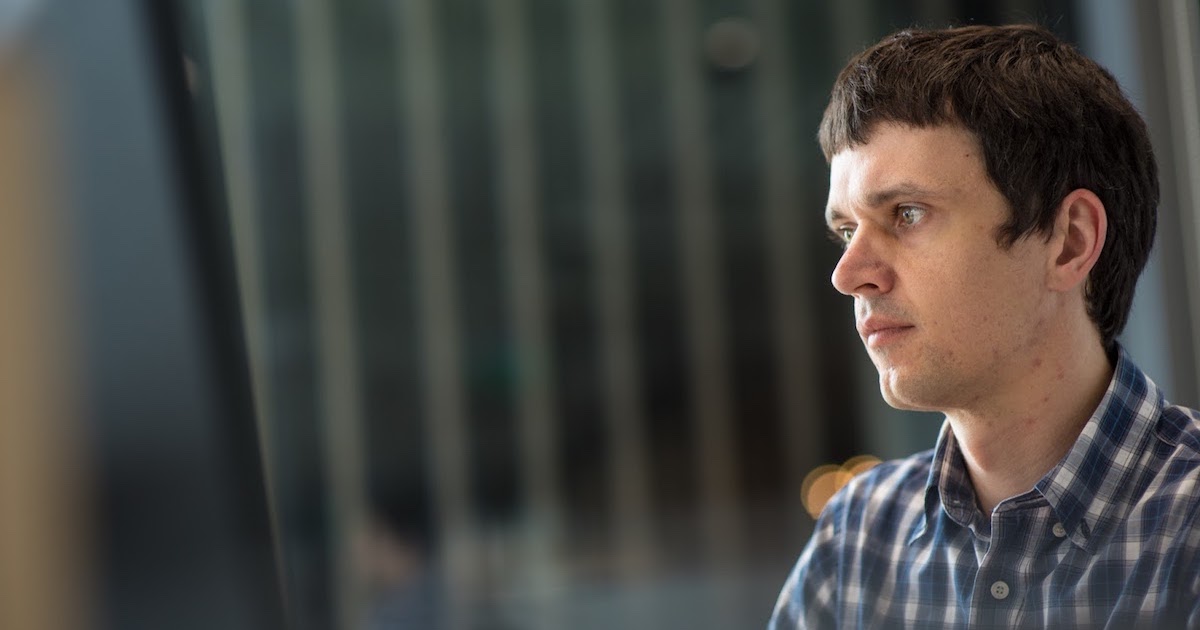[Editor’s Note: A previous version of this article stated that Ahrefs’ annual revenue growth rate is 35 per cent. The company has since clarified that this is for 2020. Its average growth rate between 2016 and 2020 was 50 per cent.]
With the recent Grab listing on everyone’s lips, startups have never looked sexier.
But just as many a founder has dreamed of achieving supercharged growth culminating in a glorious IPO, there also exist folks who believe in growing their startups the traditional way: without the help of venture capitalists (VCs).
One such bootstrapping proponent is Ukraine-born Dmitry Gerasimenko, whose Singapore-headquartered startup, Ahrefs, sells search engine optimisation (SEO) tools.
Ahrefs spent its first year in Ukraine before moving here in 2012, after which Sequoia-level funds quickly began reaching out.
“I think I got emails from almost every active venture capital fund in the world,” said Dmitry.
“At first, I tried to set up a call to fulfil my curiosity. But I soon stopped replying to emails. We were profitable from year one and growing at a very good pace, so external funding was not needed.”
Hitting S$1M revenue Within The First Year

Dmitry is no stranger to business. While studying applied mathematics in university, he ran a side hustle as a developer, creating and selling several software solutions, before dropping out of school to pursue the business full-time.
One of these solutions eventually developed into Ahrefs, which earns revenue from selling subscriptions to its SEO toolkit.
Within a year of launching paid subscriptions, the firm hit S$1 million in annual recurring revenue, as the functions its toolkit offered were popular.
Dimitry used US$300,000 in savings to start Ahrefs, and credits its success to his “ladder-like” process of creating a product — selling it for a small profit, then using these profits to finance the next, bigger product.
Lots of startup founders want to avoid climbing this ladder and would rather take the elevator. The ticket to that elevator is sold by VCs, and is being paid for with your company’s equity, loss of full control, and smaller chances of success.
– Dmitry Gerasimenko, founder of Ahrefs
Other startups may not require financial help but turn to VCs nonetheless, believing it is the standard route to becoming a unicorn or achieving an IPO, he added.
These funds constantly push startups to keep increasing revenue in order to score a better valuation. But since funds invest in hundreds of companies, they are “fine with most of them failing, as long as a few of them go on to become unicorns”.
“VC-funded startups don’t survive all that well in the long run because their mentality is ‘all or nothing’. That’s how founders preclude themselves from enjoying moderate levels of success and changing their lives for the better,” said Dmitry.
“So perhaps if your startup survives its first few years, you might actually shoot yourself in the foot by going to VCs.”
The Freedom To Make Moves That Benefit Others

Between 2016 and 2020, Ahrefs’ revenue grew from S$16 million to S$88 million, and its annual growth rate clocks in at around 50 per cent.
However, the firm doesn’t use conventional growth measures, such as churn rate and revenue, to evaluate its success. Instead, it evaluates areas like reach of its educational materials – which form part of its marketing strategy – and its community and customer impact.
Accepting VC funding would have put Ahrefs under pressure to grow its valuation, which would be at odds with its goal of being ethical, said the founder.
As part of this goal, the startup has made business decisions that “don’t make much sense in the VC world”, including making it easy for customers to unsubscribe from packages, avoiding cookie-based targeting, and protecting user privacy and data by not tracking behaviour.
Ahrefs is also working on a search engine that will share 90 per cent of its ad revenue with websites in order to compensate content creators fairly.
“I don’t see how a VC-funded company can work on such a project,” said Dmitry, adding that startups can stay afloat simply by keeping costs lower than revenue.
One way to do this is by spending efficiently like online sportwetten brands work for themselves.
The Ahrefs founder cites the example of how his firm keeps staff costs low by choosing not to hire salespeople. Instead, it aims to develop a product good enough to sell itself. Ahrefs’ pool of customers include Netflix, Uber, Facebook, and TripAdvisor.
Another area it has optimised spending is staff welfare.

The startup avoids splashing out on perks like ping pong tables and free booze in the office. Instead, it rewards employees in a more targeted way. Last year, its 68-strong team went skiing in the Alps before the pandemic hit, and then got S$8,000 each to spend on staycations after it did.
At this point, we have enough resources to improve our services and to provide more and more value to our customers and community in general.
So I much like the situation that we are in now: we have a strong team, we have resources, and we don’t have the pressure to grow revenue at all costs.
– Dmitry Gerasimenko, founder of Ahrefs
Featured Image Credit: Ahrefs








